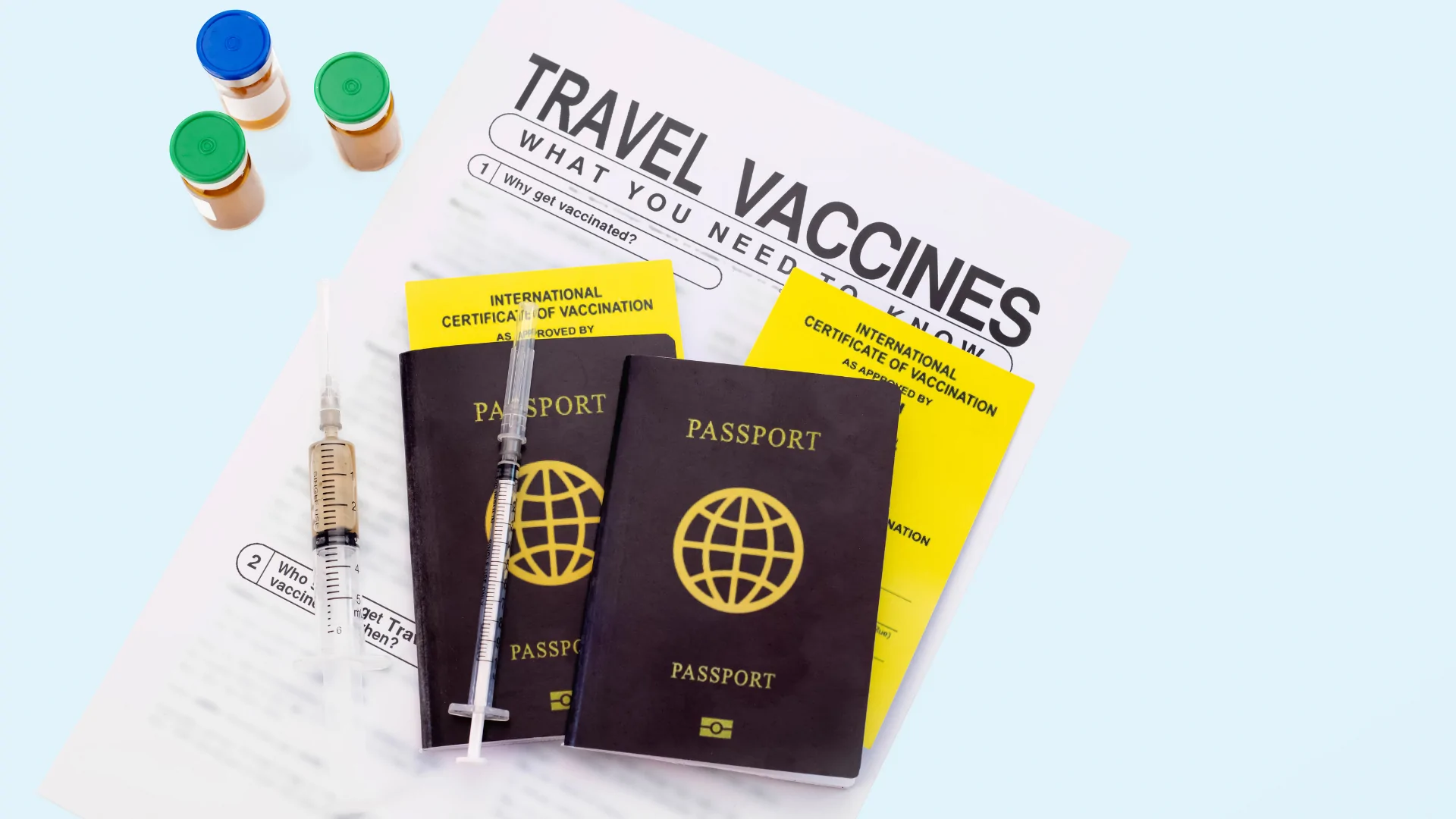In today’s interconnected world, international travel is more accessible than ever. However, this privilege comes with responsibilities, especially regarding health precautions. Holiday vaccinations are essential for travelers from the UK, ensuring both personal safety and global public health security. This article delves deep into why vaccinations matter, offering crucial insights for informed travel decisions.
Protecting Against Global Health Risks
Travel exposes individuals to environments where unfamiliar pathogens may pose significant health risks. Diseases like yellow fever, typhoid, and hepatitis A are prevalent in many popular travel destinations, particularly in Asia, Africa, and South America. Travelers without appropriate vaccinations risk severe illness, hospitalizations, or worse.
By obtaining holiday vaccinations, UK travelers reduce the likelihood of contracting such diseases. It is a proactive measure ensuring both individual well-being and the prevention of disease outbreaks upon their return home.
Unvaccinated travelers often face unexpected challenges abroad, such as:
Mitigating Travel-Related Health Disruptions
- Limited access to medical care: Remote regions may lack adequate healthcare infrastructure.
- Increased costs: Emergency treatments for preventable illnesses can be exorbitant.
- Trip cancellations: Contracting an illness before or during the trip can lead to ruined plans and wasted expenses.
Vaccinations eliminate or drastically reduce the likelihood of encountering such issues, allowing travelers to enjoy their journeys with peace of mind.
Ensuring Compliance with Destination Requirements
Certain countries mandate specific vaccinations as entry requirements. For instance:
- Yellow fever vaccination is compulsory for travel to parts of Africa and South America.
- Polio or meningitis vaccines may be required for travelers heading to select regions.
Failure to meet these requirements can result in denied entry, ruining travel plans. Consulting a healthcare professional ensures compliance and avoids unnecessary stress.
Safeguarding Vulnerable Groups
Travelers may come into contact with individuals who are particularly vulnerable to diseases, such as children, the elderly, or immunocompromised people. Vaccinations not only protect the individual traveler but also contribute to herd immunity, reducing the likelihood of transmitting preventable diseases to others.
Strengthening Public Health Systems
Returning travelers who contract illnesses can inadvertently strain the UK’s healthcare system. Diseases like malaria, dengue fever, or cholera brought back from abroad require extensive resources for diagnosis, treatment, and containment. Vaccinations reduce these risks, benefiting both travelers and the broader community.
Mental Health Awareness for Travel Preparation
While physical health precautions are essential, mental health is equally important. Mental health courses are increasingly popular among UK travelers seeking to manage stress, anxiety, or cultural adaptation challenges while abroad. Incorporating mental wellness into travel preparation ensures a holistic approach to health.
For those juggling physical and mental health concerns, prioritizing vaccinations removes one layer of stress, making the overall travel experience more enjoyable and secure.
Customized Vaccination Plans for Travelers
Not all travel destinations have the same health risks. Tailored vaccination plans are essential to address:
- Geographic risks: Some regions have higher incidences of specific diseases.
- Duration of stay: Longer stays may require additional vaccines or booster shots.
- Traveler’s health: Pre-existing conditions may necessitate specialized advice.
Vaccination Myths Debunked
Despite their proven benefits, misconceptions about vaccinations persist. Let’s clarify some common myths:
- Myth 1: Vaccines are unnecessary for short trips: Even brief exposure to endemic areas can result in illness.
- Myth 2: Natural immunity is better: Vaccines provide safer and more reliable immunity without the risks associated with contracting the disease.
- Myth 3: Vaccines have severe side effects: While mild side effects like soreness or fatigue may occur, serious reactions are exceedingly rare and vastly outweighed by the benefits.
How to Access Travel Vaccination Services in the UK
UK travelers have access to a wide range of vaccination services, including:
- NHS Clinics: Certain vaccinations are offered free of charge, depending on the destination and purpose of travel.
- Private Travel Clinics: For more extensive needs, private providers offer tailored advice and a comprehensive range of vaccines.
- Pharmacies: Many high-street pharmacies provide travel vaccines with flexible appointment options.
It is advisable to consult healthcare providers 6–8 weeks before departure, ensuring sufficient time for immunization schedules.
Emcare Travel Clinic: Your Trusted Partner in Travel Health
At Emcare Travel Clinic, we specialize in providing personalized vaccination plans tailored to your unique travel itinerary. Our expert team ensures you stay safe, healthy, and prepared for every journey. Whether it’s navigating destination requirements or addressing health concerns, we’re here to support you every step of the way.
Vaccinations are more than a travel formality; they are a vital aspect of responsible and enjoyable travel. Protect yourself, your loved ones, and the communities you visit by staying up-to-date with recommended vaccines.
FAQs: Holiday Vaccinations for UK Travelers
Why do I need holiday vaccinations before traveling?
Holiday vaccinations protect you from serious diseases like yellow fever, typhoid, or hepatitis A, which are common in certain travel destinations. They safeguard your health and prevent the spread of illnesses when you return home.
Which destinations require vaccinations?
Vaccination requirements vary by country. For example, yellow fever vaccination is mandatory for parts of Africa and South America. Always consult a healthcare professional for specific requirements.
When should I get vaccinated before my trip?
Ideally, consult your doctor or travel clinic 6–8 weeks before departure. This allows sufficient time for the vaccines to take effect.
What happens if I travel without the required vaccinations?
You risk severe illness, denied entry at borders, or disrupted travel plans. Vaccinations help you comply with international health regulations and avoid these issues.
Where can I get travel vaccinations in the UK?
You can access vaccines at NHS clinics, private travel clinics, or pharmacies. Private clinics offer more comprehensive vaccination services tailored to your itinerary.
Are vaccines safe?
Yes, vaccines undergo rigorous testing and are safe. Side effects, if any, are typically mild and temporary, such as soreness or fatigue.
